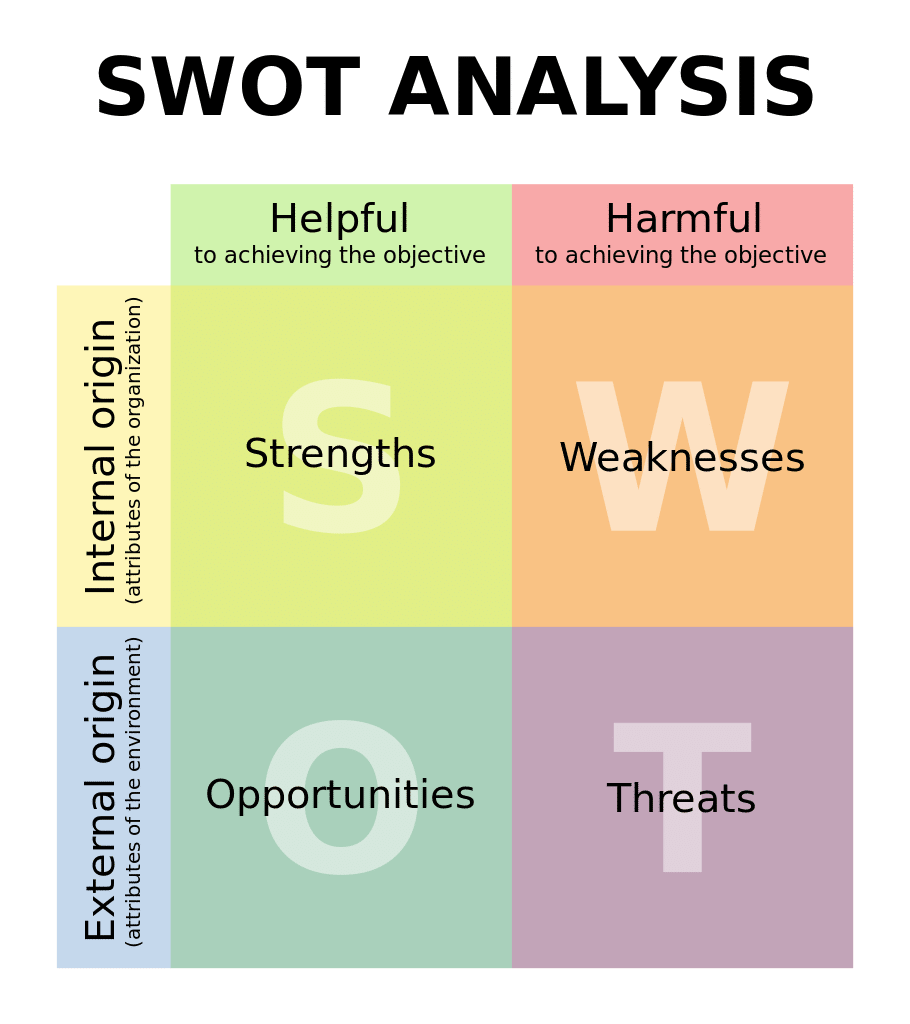What is marketing planning?
Put, it is the thought process that results in creating a comprehensive outline, which details an organisation’s efforts to grow the business.
It involves a complete understanding of the marketplace where the company operates and takes into consideration a realistic assessment of the company’s strengths, weaknesses, opportunities and threats (SWOT analysis).

Using this information, companies are ready to start developing their marketing plan. A well-written plan need not be long, but it should include these essential components:
Company vision and mission statement.
This sets the direction for the plan and ensures that all planning participants are on the same page.
Specific, quantifiable growth goals and qualitative goals.
This data can be broken down into revenue and profit figures; the number of new customers and retention of current customers; new markets to enter; additions, enhancements and changes to products and services; and other corporate mandates.
Strategies for achieving goals.
Here is where management uses data, research, competitive information and thought-Leadership to set the direction for the tactics that will follow.
Tactics to support marketing strategies.
Tactics take many forms and can include advertising, direct mail, tradeshow participation, webinars, videos, search engine optimisation, public relations, corporate communications, social media, and a variety of other promotional activities.
Budget.
Without a budget, marketing planning is subject to debate, dispute, or uncertainty. There has to be an approved funding source to support the plan.
Timetables and responsibilities.
Once the plan gets written and funded, the next step is to create a schedule and assign responsibilities to the team members who will carry out the project.
Review and refinement process.
As a working document, the marketing plan needs to be reviewed and refined throughout the year. In this way, companies can fine-tune and change the plan as needed.
This proactive process prevents major disappointments or surprises at the end of the year.
To ensure success, the marketing plan could be short, concise, practical and easy to understand.
A 25-page document that gets put on the shelf is not likely to be implemented and has little value.
On the other hand, an effective marketing plan that serves as a living, breathing document is more likely to support the business development team and meet the desired outcomes.





